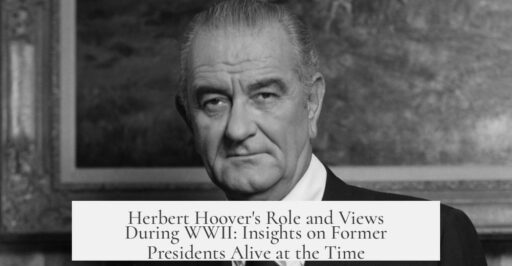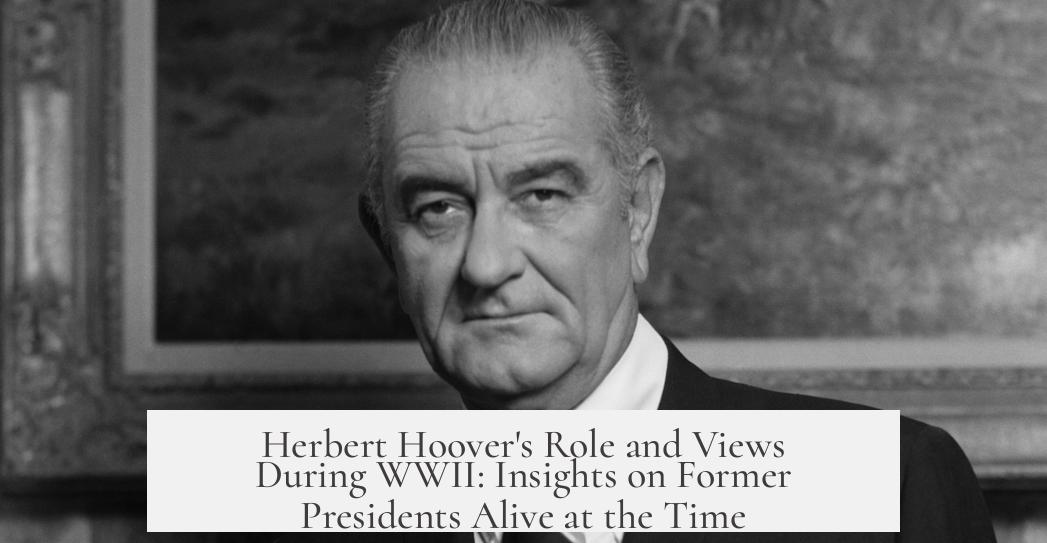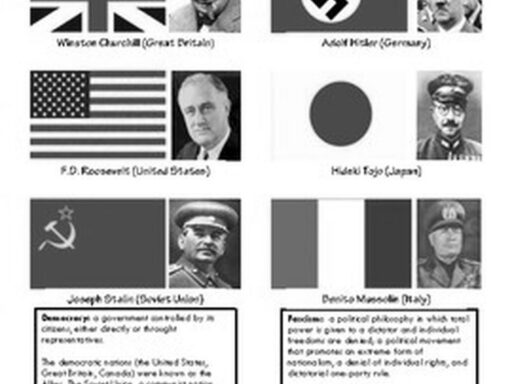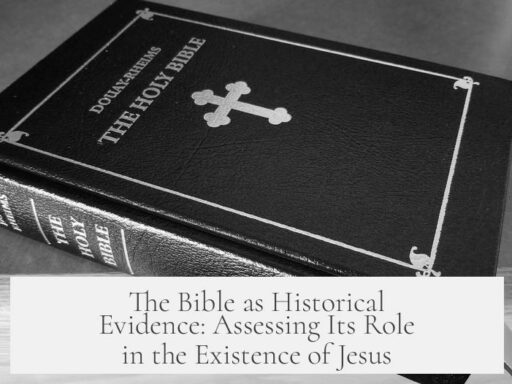Herbert Hoover was the only former U.S. president alive during World War II. He remained politically active during the conflict, particularly as a critic of President Franklin D. Roosevelt’s policies. Hoover opposed American involvement in the war, expressed concern over Roosevelt provoking Japan, and was skeptical of alliances with the Soviet Union.
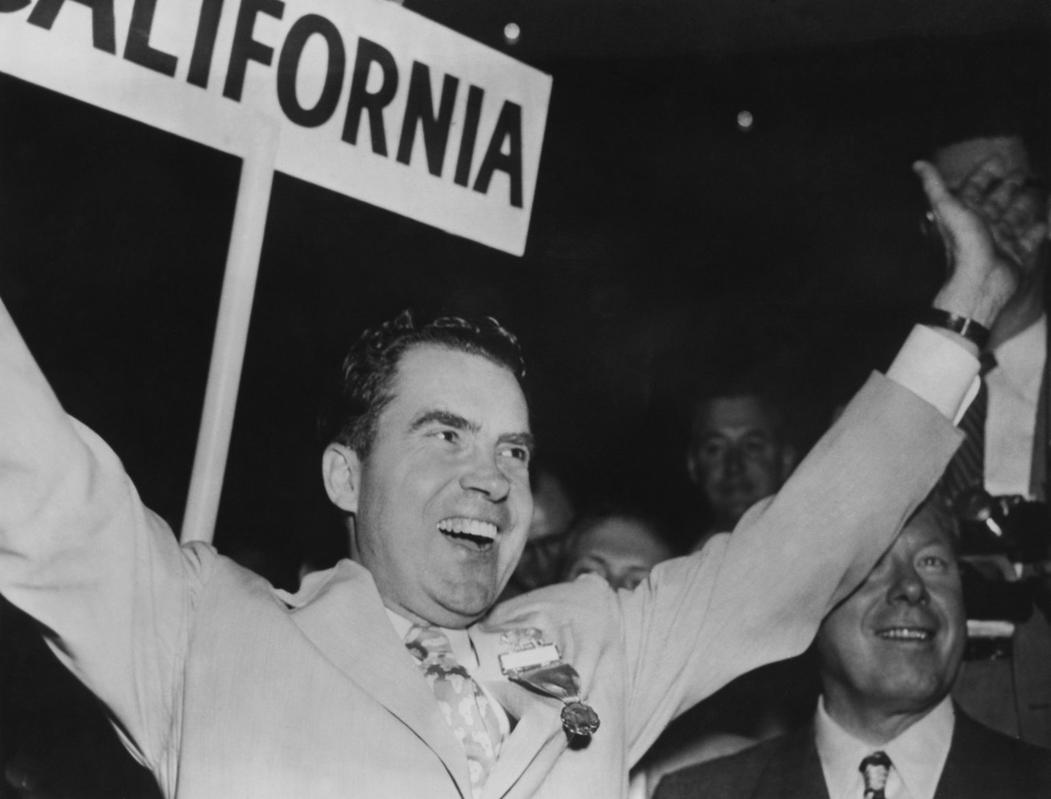
Herbert Hoover served as the 31st president from 1929 to 1933, preceding Roosevelt. Other presidents such as Warren G. Harding (died 1923), Woodrow Wilson (died 1924), and Calvin Coolidge (died 1933) had all passed away before World War II began. Thus, Hoover stood alone among former presidents alive during the war years. His presence marked a unique link between the interwar period and the global conflict.
Politically, Hoover maintained a visible role during WWII. He was an outspoken critic of Roosevelt’s administration, especially the New Deal programs, and often campaigned against Roosevelt’s policies. In 1938, before the war fully erupted, Hoover controversially met with Adolf Hitler and stayed at a hunting lodge owned by Hermann Göring, the Luftwaffe commander. This meeting sparked debate given the rising tensions in Europe.
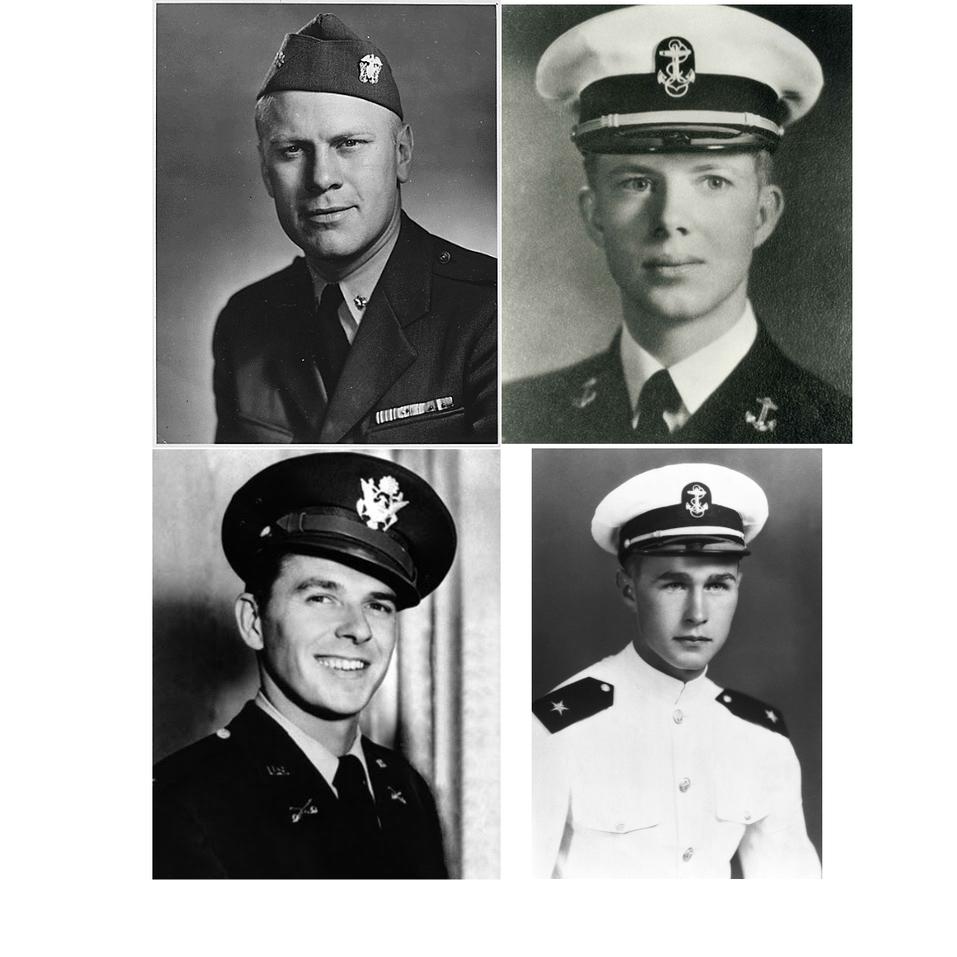
Despite opposing U.S. entry into the war, Hoover coordinated humanitarian relief for nations affected by the conflict, including Poland, Belgium, and Finland. His efforts focused on alleviating civilian suffering even as he criticized wartime strategies. Following the war’s escalation, Hoover advised President Harry Truman to reconsider the “unconditional surrender” policy toward Japan. He feared a costly invasion with high casualties and hoped for alternatives, though he did not anticipate the use of atomic weapons.
Hoover’s views on the war reflected caution and skepticism about U.S. intervention. He disapproved of how Jewish populations were treated in Nazi Germany but did not perceive Germany itself as a direct threat to the United States. Instead, Hoover argued that Roosevelt’s actions risked provoking conflict, particularly with Japan. He opposed the Lend-Lease Act, which supplied military aid to Allied nations, believing it drew America prematurely into war.
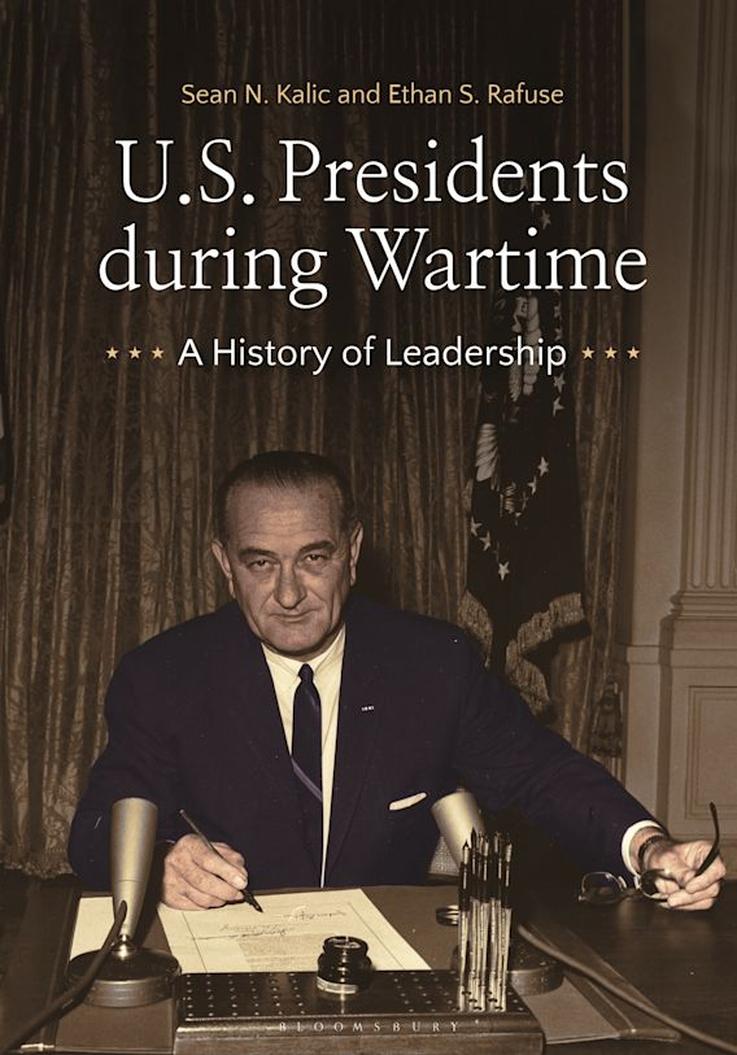
When the Soviet Union entered the conflict by invading Poland and Eastern Europe, Hoover publicly warned against allying with Stalin. He feared that aiding the Soviet Union would enable communist expansion across Europe and the world. Hoover famously stated on the radio that joining the war alongside Stalin was a tragedy rather than a victory for freedom.
| Former President | Alive During WWII? | Political Involvement | View on WWII and US Involvement |
|---|---|---|---|
| Herbert Hoover | Yes |
|
|
| Calvin Coolidge | No (Died 1933) | N/A | N/A |
| Warren G. Harding | No (Died 1923) | N/A | N/A |
| Woodrow Wilson | No (Died 1924) | N/A | N/A |
Hoover’s political opposition during WWII highlights divisions within the U.S. leadership regarding the nation’s role in the global conflict. While Roosevelt pursued active support for the Allies, including economic aid and eventual military involvement, Hoover pushed against intervention and alliances he viewed as dangerous or counterproductive.
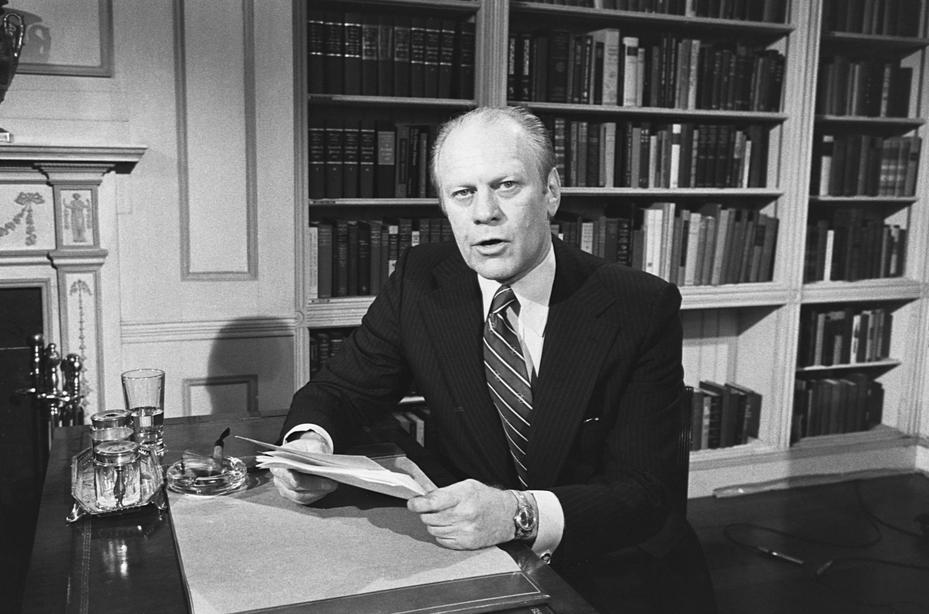
In summary:
- Herbert Hoover was the only former U.S. president alive during WWII.
- He remained politically active, primarily as a critic of Roosevelt.
- Hoover opposed U.S. entry into the war and the Lend-Lease Act.
- He coordinated humanitarian relief efforts despite his opposition.
- Hoover distrusted alliances with the Soviet Union and feared provoking Japan.
Which Former US Presidents Were Still Alive During WWII? Were Any Politically Active? And What Did They Think About the War?
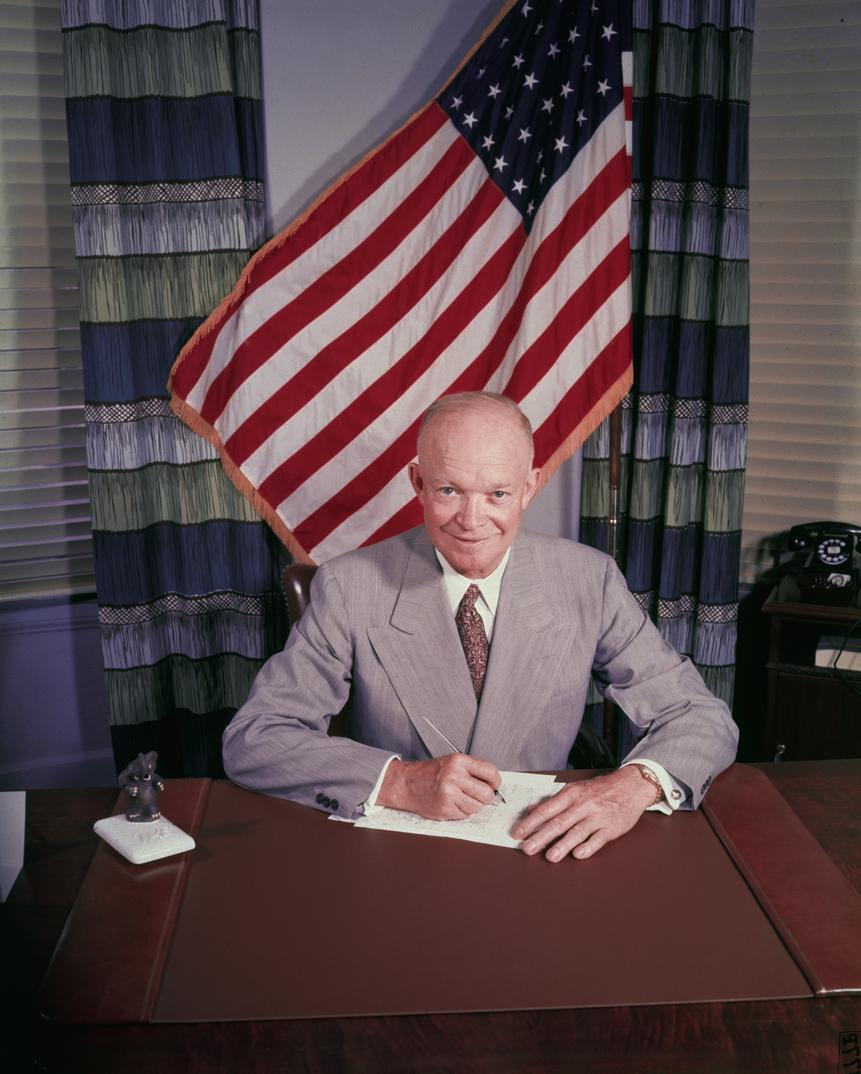
During World War II, the only former U.S. President still alive was Herbert Hoover. Hoover, who served as the 31st President from 1929 to 1933, outlived Calvin Coolidge, Warren G. Harding, and Woodrow Wilson—all of whom had passed away before the conflict began. But what role did Hoover play during these turbulent years? Did he stay politically engaged? And where did he stand on the war itself?
Let’s embark on a time-traveling exploration to uncover these fascinating facts about former presidents and their connections to WWII.
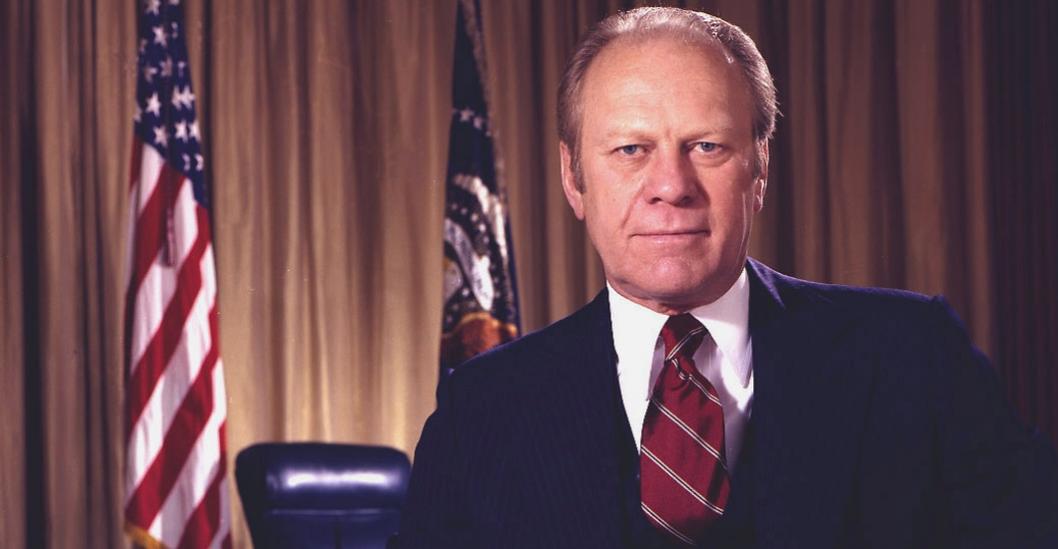
Herbert Hoover: The Last Presidential Link to WWII
By 1939, when World War II erupted in Europe, Herbert Hoover was the only ex-president still alive. Calvin Coolidge died in 1933, Harding in 1923, and Wilson in 1924. This left Hoover as the sole living ex-president during the global conflict.
But don’t mistake his retirement for retreat. Hoover was quite vociferous during these years. Far from drinking lemonade on a porch somewhere, he became a strong critic of President Franklin D. Roosevelt. Hoover did not hold back his opposition, especially targeting Roosevelt’s sweeping New Deal policies.
His political brushstrokes during the war years were vivid, often crossing into controversial territory. Hoover’s public disagreement with Roosevelt shaped much of his wartime activity and commentary.
A Political Critic and Reluctant Helper
Hoover staunchly opposed the U.S. entering the war. Even as Nazi Germany invaded Poland and the world plunged into conflict, Hoover urged America to stay out. He criticized Roosevelt’s Lend-Lease Act, which provided military aid to Allied countries. According to Hoover, sending arms was unnecessary meddling that risked dragging the U.S. deeper into foreign entanglements.
Interestingly, though, Hoover channeled his energies into humanitarian efforts. He coordinated relief efforts for nations like Poland, Belgium, and Finland, showcasing that while he opposed direct military involvement, he sympathized with suffering civilians. This paradox highlights Hoover’s complex position: he sought to help without entering the fray.
True Tales: Meetings, Opinions, and Controversies
- In 1938, Hoover met Adolf Hitler and stayed at a hunting lodge owned by Hermann Göring, commander of the Luftwaffe. This raised eyebrows but reflected Hoover’s effort to understand the players shaping Europe.
- Hoover warned Roosevelt that provoking Japan might lead to war. He blamed Roosevelt for stirring hostilities in the Pacific, arguing this threat was greater than Germany’s threat to the U.S.
- On radio broadcasts, Hoover expressed concern about aligning with Stalin’s Soviet Union, fearing a post-war Communist takeover. He famously called war alongside Stalin a “tragedy.”
- Despite his opposition to the war, Hoover advised President Truman to reconsider the policy of “unconditional surrender” regarding Japan, fearing a bloody invasion would cause excessive casualties—though he was unaware of the atomic bomb’s development.
Sounds like Hoover walked a tightrope of isolationism and humanitarian responsibility, doesn’t it? He disapproved of direct military entanglement but sought to shape the conflict from afar.
Political Ambitions and the 1944 Election
Interestingly, Hoover considered a political comeback. However, his own Republican colleagues dissuaded him from running in the 1944 presidential election. They likely viewed his positions on the war and Roosevelt’s policies as out of step with prevailing public sentiment. In times of war, the political climate rarely favors the dissenters advocating caution over confrontation.
Why Weren’t Other Former Presidents Part of the WWII Story?
The short answer: timing. Calvin Coolidge died six years before WWII began. Woodrow Wilson and Warren G. Harding passed away in the early 1920s, well before the storm clouds gathered in Europe and Asia. Their political chapters closed before the war could open.
As a result, Hoover uniquely bridged the interwar period and WWII, his actions and opinions reflecting the anxiety and controversies of an America struggling to decide its role on the world stage.
Reflecting on Hoover’s Legacy During the War
Hoover’s mix of criticisms, humanitarian efforts, and political caution paints a nuanced picture. Was he a voice of prudence or obstruction? Supporter or skeptic? It depends on the lens.
For those wary of international entanglements driving up casualties and costs, Hoover’s position makes sense. He highlighted risks many forget today—foreseeing that total war with Japan could cost staggering lives. On the other hand, his skepticism about Germany’s threat and opposition to helping allies frustrated those who saw early intervention as moral necessity.
What Can We Learn From This?
By studying Hoover during WWII, readers get a glimpse of the tightrope walk leaders and former leaders face during crisis. His story encourages us to question how former presidents influence, or choose not to influence, current policy. How much should experience matter? When is dissent constructive and when is it obstructive?
For modern history buffs and policy fans, Hoover’s wartime life is a treasure trove—challenges assumptions that all past presidents unite behind their successors during crises.
In Summary:
| Former President | Alive During WWII? | Political Involvement | Views on WWII |
|---|---|---|---|
| Herbert Hoover | Yes | Active critic of Roosevelt; humanitarian relief coordinator | Opposed U.S. involvement; critical of Roosevelt’s provocations; wary of alliance with Soviet Union |
| Calvin Coolidge | No (died 1933) | N/A | N/A |
| Warren G. Harding | No (died 1923) | N/A | N/A |
| Woodrow Wilson | No (died 1924) | N/A | N/A |
So next time you wonder about the president’s stance on a hot-button issue, remember Herbert Hoover’s tale. Even out of office, former presidents can shape public debates, sometimes in unexpected ways.
